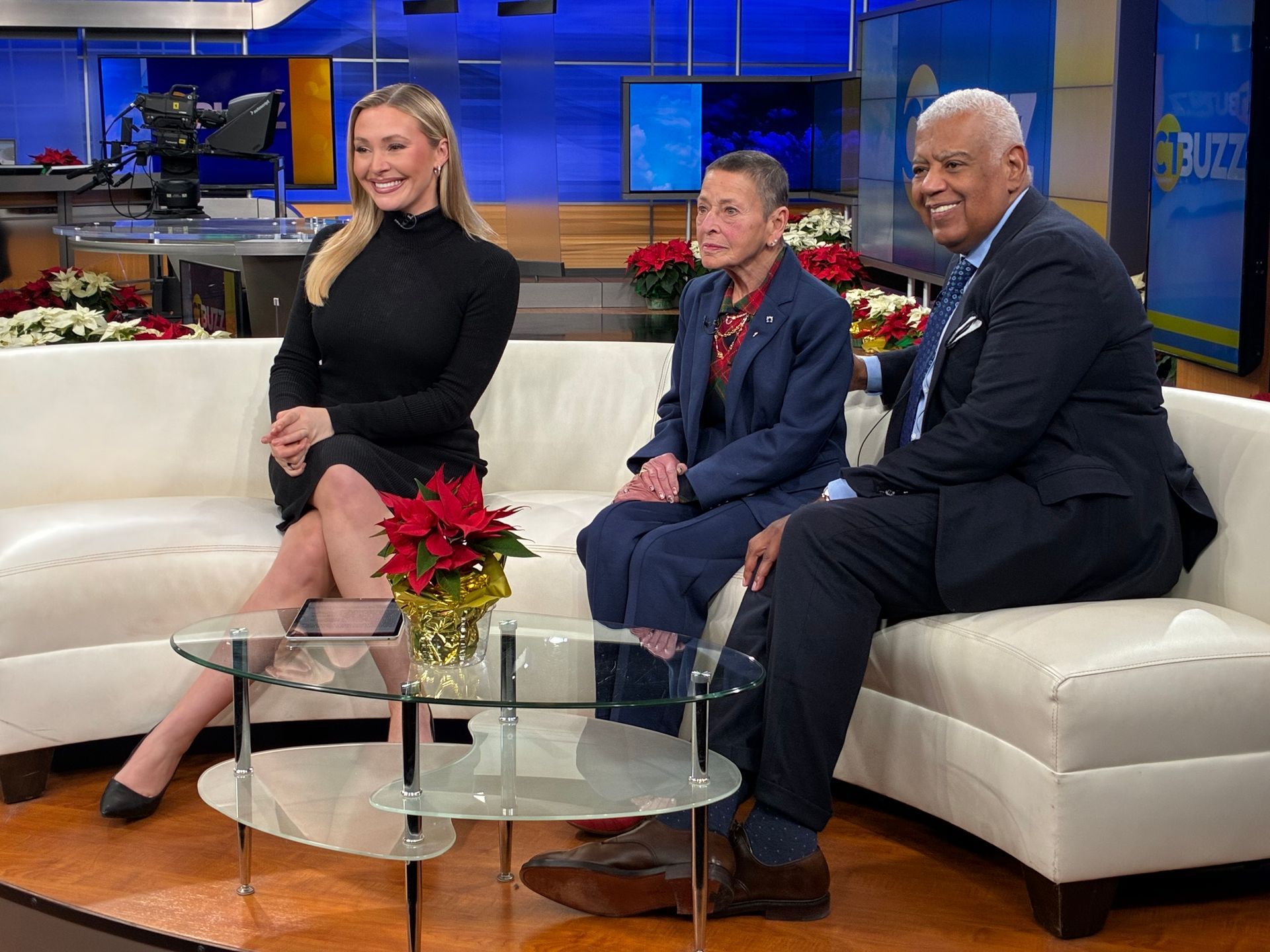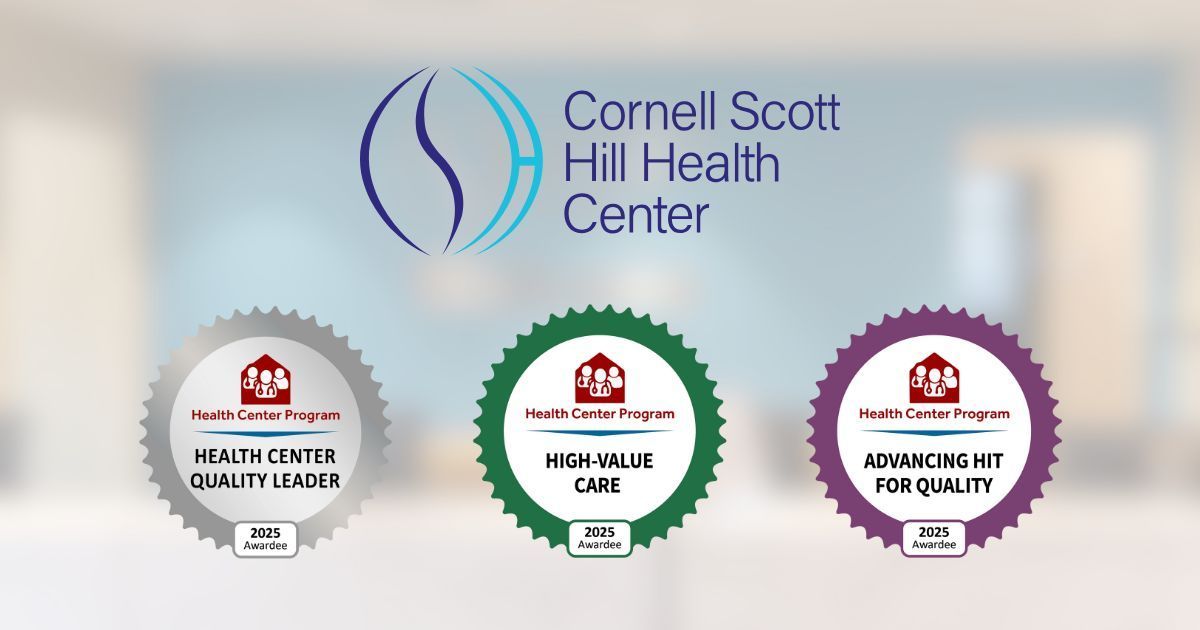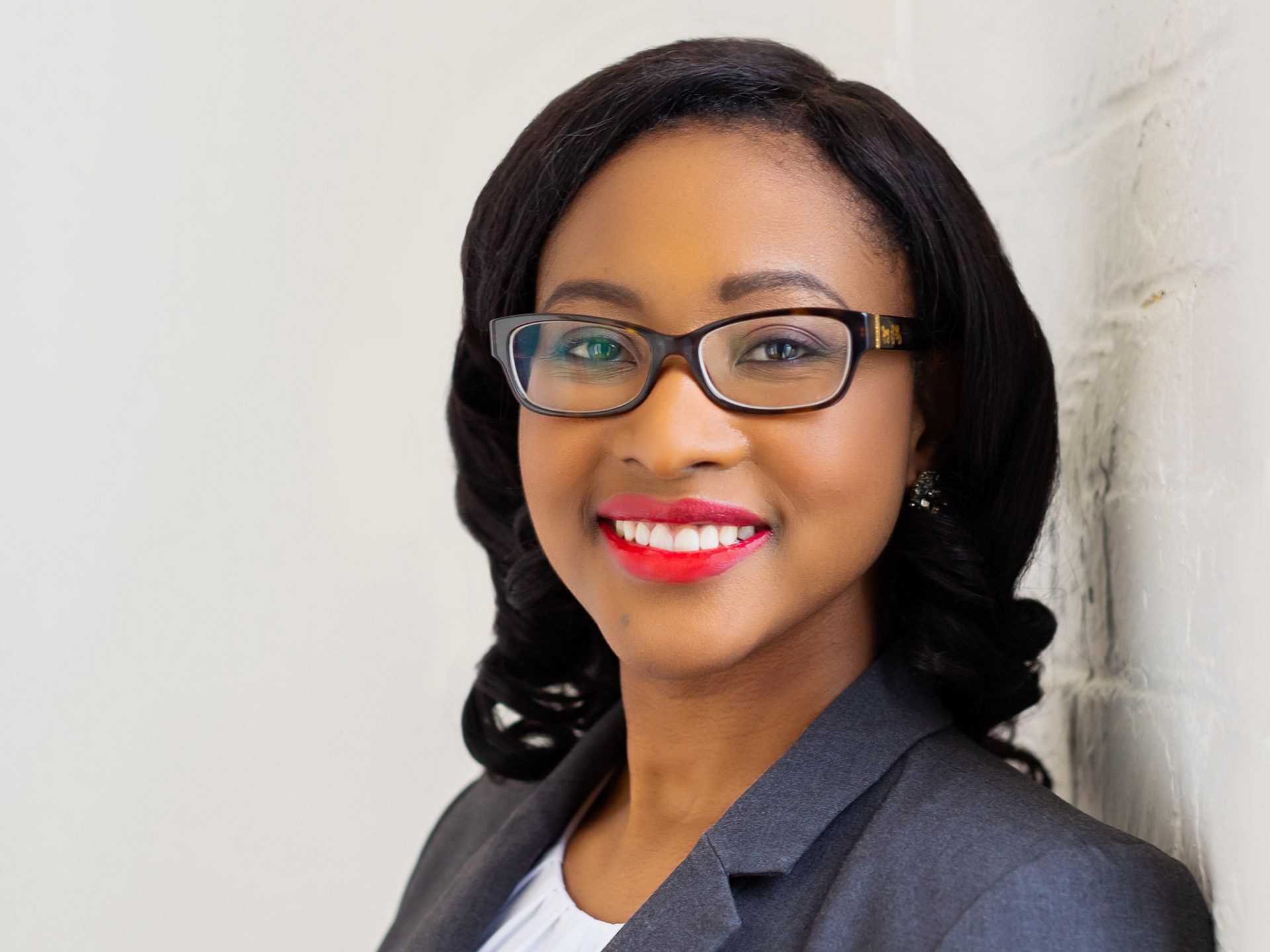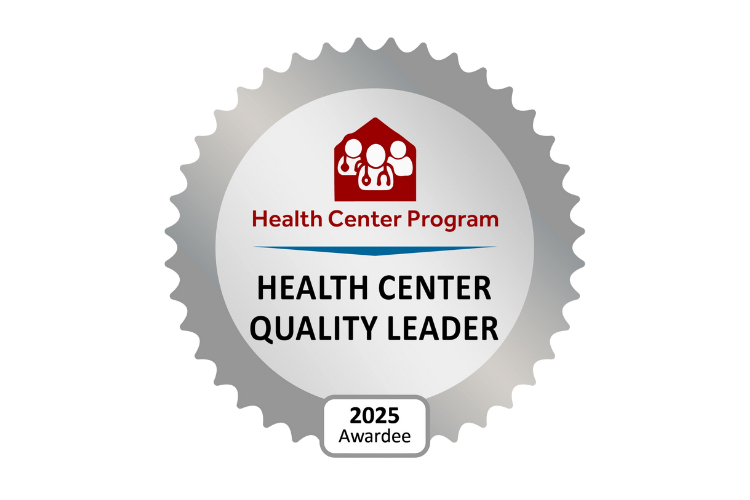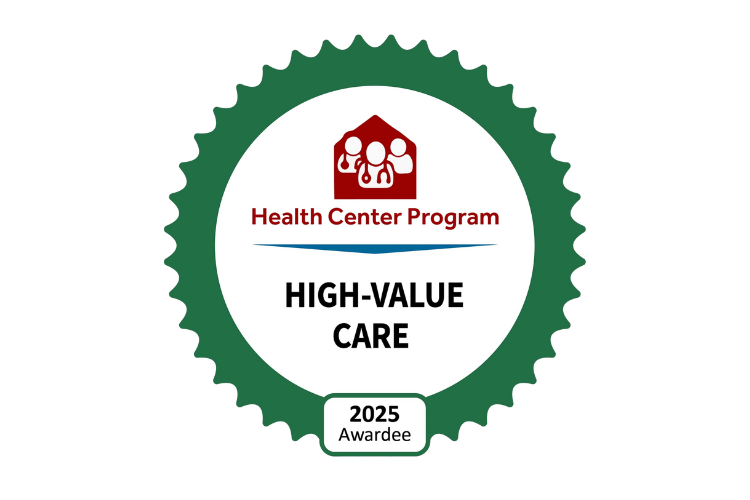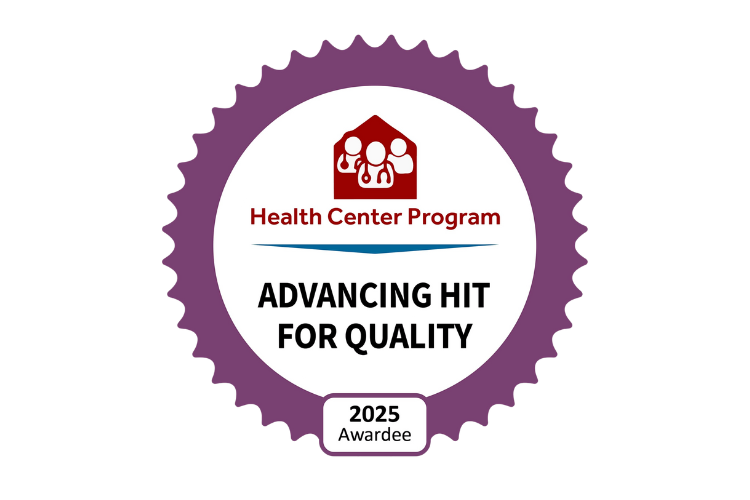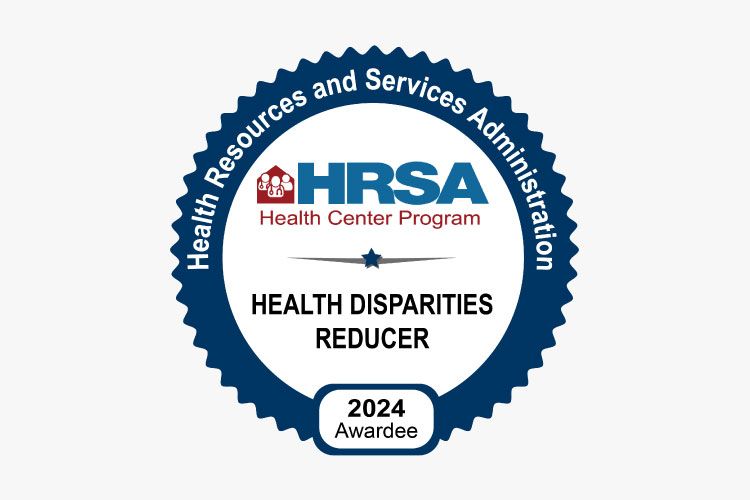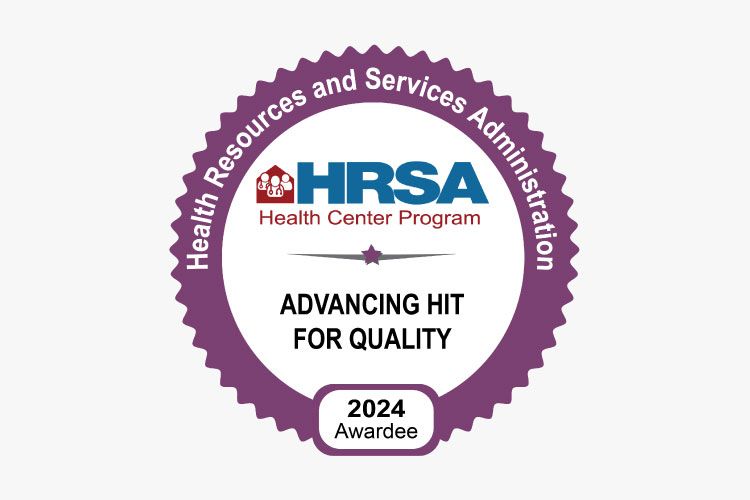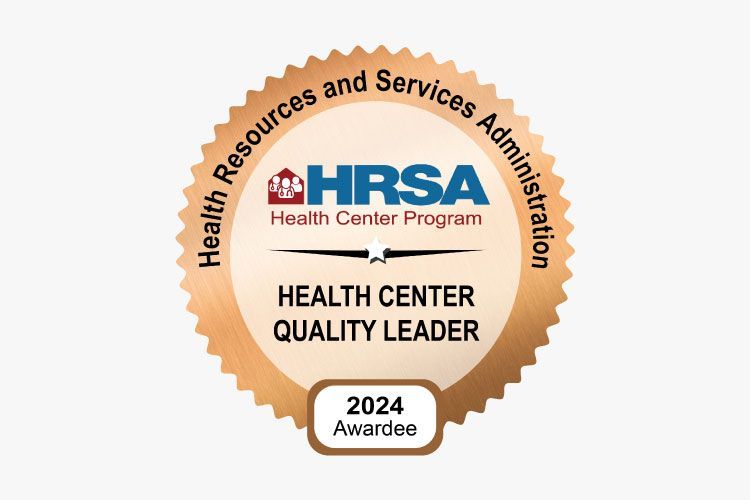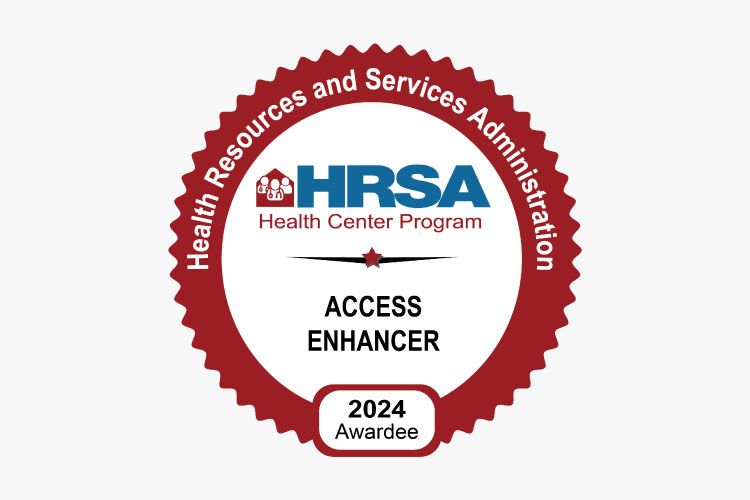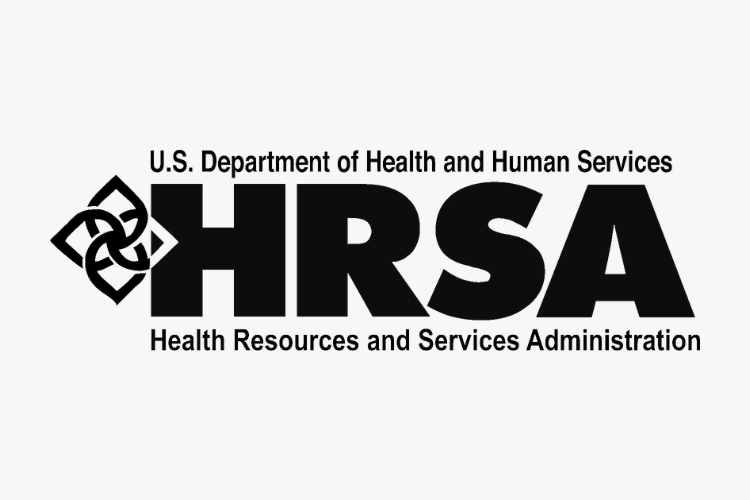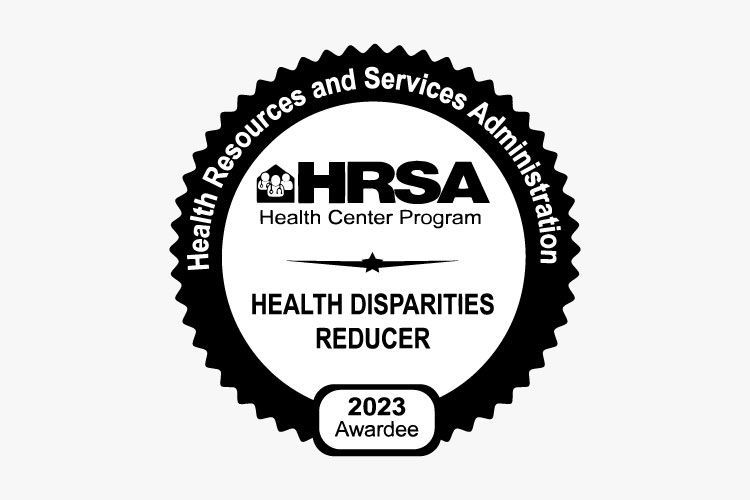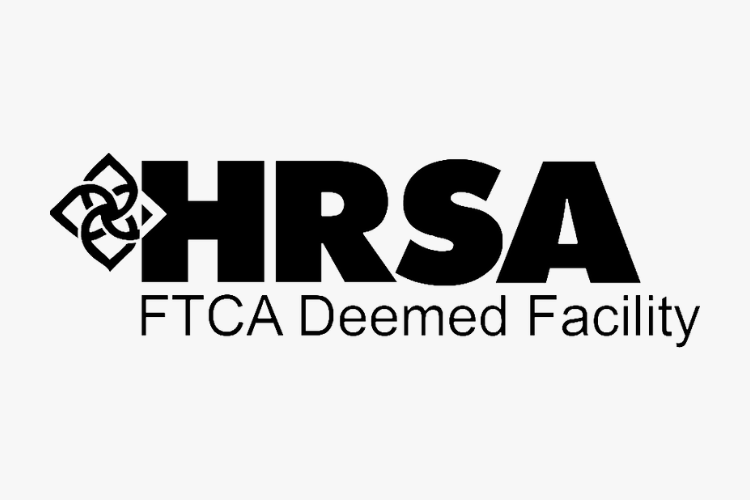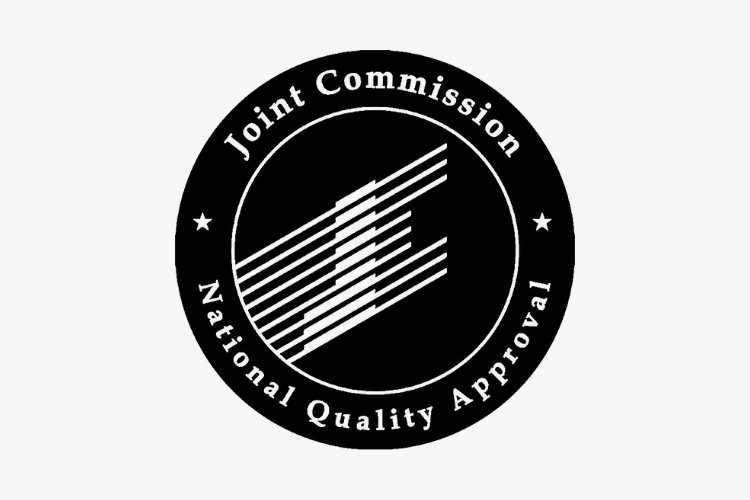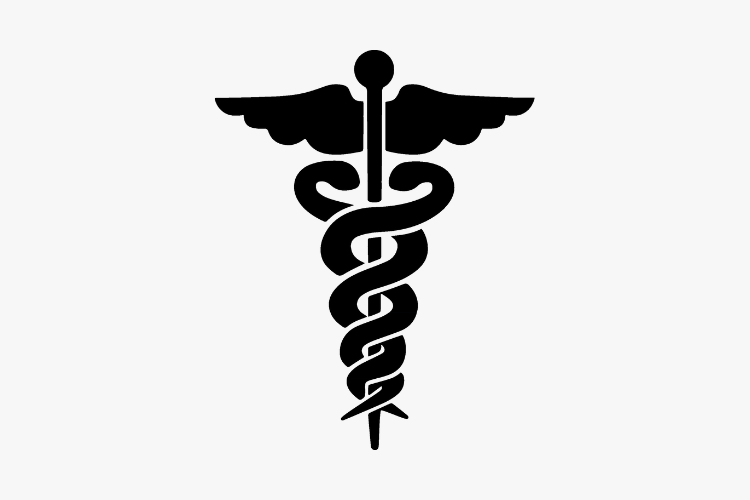Q House Expo Focuses On Men’s Health
After a blood pressure cuff tightened and loosened around his arm at a packed Q House gymnasium, Orlando got a reality check.
High blood pressure, also known as hypertension, can put you at risk for stroke, heart attack, and other problems, Yale New Haven Health nurse Cheryl Hoey told him, upon pronouncing his blood pressure a little high. Nearly half of adults who have hypertension don’t realize it.
“Let’s talk about what you can do,” she said, before counseling him on diet and exercise and recommending that he make an appointment with his primary care doctor.
It was part of a larger message at the Men’s Health Awareness Expo, which took place last Saturday and which began with a one-mile community walk led by Dwight Alder Frank Douglass and Dixwell Alder Jeanette Morrison, as well as members of the Delta Iota Sigma chapter of the Phi Beta Sigma fraternity.
“We have to do better to keep our men healthy,” said event organizer Carlah Esdaile-Bragg, Cornell Scott-Hill Health’s director of community relations, amid the lively chatter. “Typically, our men come to the health center only if they really have to, or their wife or their mother drags them in, and we just wanted to do something to bring together our community, not just in health, but all these organizations, in a way that they could hear it.”
At a table a few feet away, Anthony Dawson was sharing information about preventive screenings for early cancer detection and treatment. Before the pandemic, Dawson said, Project Brotherhood at Saint Raphael’s offered a free annual screening for prostate cancer, which is treatable and even curable with early detection.
“The idea was to get people in the pattern of getting regular check-ups,” he said. “A lot of African American men in the city, they need to know about getting themselves checked and to do it twice a year. We’re trying to get that going again.”
Two tables down, Dr. Doretha Jackson was representing the National Veterans Council for Legal Redress, which collaborates with the Yale Law School Veterans Legal Services Clinic to provide legal assistance and advocacy for veterans, particularly those facing discrimination in VA benefits.
“So many of our veterans don’t realize that when you get out of the military, you’re entitled to benefits,” said Jackson, an Army veteran. “Their spouses too.” She said a lot of her work involves helping veterans get DD214 forms, which provides proof of military service to verify eligibility for benefits.
Medical benefits are crucial, she said, not just for Vietnam veterans dealing with the effects of Agent Orange and for those struggling with PTSD, but with any significant health issues. “They like to deny you and deny you, and that’s where I come in.”
Next to her, Will Remillard, a post-graduate researcher at the Yale School of Medicine’s Stroke Center, was handing out free blood pressure cuffs. With studies showing Black Americans with a higher prevalence of stroke and high death rate from stroke than any other racial group, “we’re trying to get people to be proactive and not reactive,” he said, adding that high blood pressure is the single highest risk factor for stroke.
Stetson Library branch manager Diane X. Brown said Stetson was partnering with Cornell Scott Hill Health Center, as well as New Haven Elderly Services and LEAP.
“We know that men typically stay away from doctor’s appointments, and that’s a problem because high blood pressure, like high cholesterol and diabetes and cancer, is a silent killer,” said Brown. “This is an effort to encourage brothers to go get a screening, go to a doctor, get checked out. That’s why we are all here today.”
Morrison lauded Douglass for spearheading the effort. She pledged to make the event an annual one. “Men’s health awareness is too important.”
Josh Wyrtzen, Hill Health’s marketing and communication manager, struck a similar chord. “We’re working together to motivate men to care for themselves,” he said, as the WYBC deejay announced that a community fitness session in the second floor dance studio was beginning in five minutes. “It’s the psychological barriers that men have, that ‘I don’t have a problem because I don’t feel any symptoms.’ This is about making sure they are being proactive about [their] health.”
Esdaile-Bragg, the lead organizer, who was standing alongside him, nodded. “We’re bringing together our community in a way that our men can hear it, in a way that they feel seen, in a way that shows that we love them, that we care about them, and they need to be healthy for us,” she said.
Read the full story on: https://www.newhavenindependent.org/article/q_house_expo_promotes_mens_health_awareness

